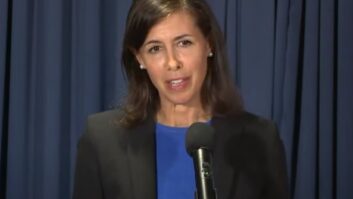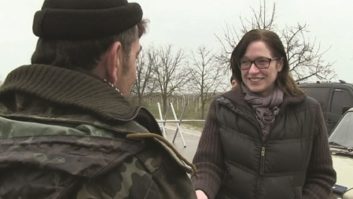The executive board of UNESCO would like every Feb. 13 to be “World Radio Day.”
The board of the United Nations Educational, Scientific and Cultural Organization recently approved the recommendation, which has backing from numerous broadcast associations.
Feb. 13 was chosen in honor of the U.N.’s establishment of United Nations Radio on that day in 1946. (The date Oct. 30 was among the candidates, to honor the famous “War of the Worlds” broadcast; but the director general recommended that UNESCO avoid that, writing: “Despite being a pivotal moment in the history of radio, it also represents a date that provoked panic in listeners, with dramatic consequences.”)
The board recommended that its membership approve, and that member states celebrate World Radio Day in the way they see fit.
The proclamation calls radio a “low-cost technology, both to broadcast and to receive, that is equally suited to reach global, national or local audiences […] ideal in areas of low literacy or for serving small specialized audiences.” The authors also noted radio’s role in emergency communication systems and support of disaster relief efforts.
Internet radio and podcasts, they argue, are part of “radio” and make it even more powerful and accessible.
Goals of World Radio Day include raising the understanding of the value of radio, including its role in new media; encouraging leaders to expand access to radio; providing a worldwide networking focus for radio supporters and professionals; and highlighting issues each year to publicize and gain support among the public.
In addition to the War of the Worlds anniversary, dates put forward included Oct. 6, birthday of Reginald Fessenden; July 27, date of the first public wireless transmission of Morse code by Guglielmo Marconi; and Nov. 30, birth date of scientist Jagadish Chandra Bose, who demonstrated remote wireless signaling and use of semiconductors to detect radio signals.
The authors argued that the benefits of radio globally are far from fully realized — “up to a billion people do not have access to radio, even as innovative uses are still being found.” They continued: “For billions of people, radio is the most accessible and affordable mass medium, and in many cases the only one, [but] it is in danger of being overshadowed by digital technologies on the public agenda.”










